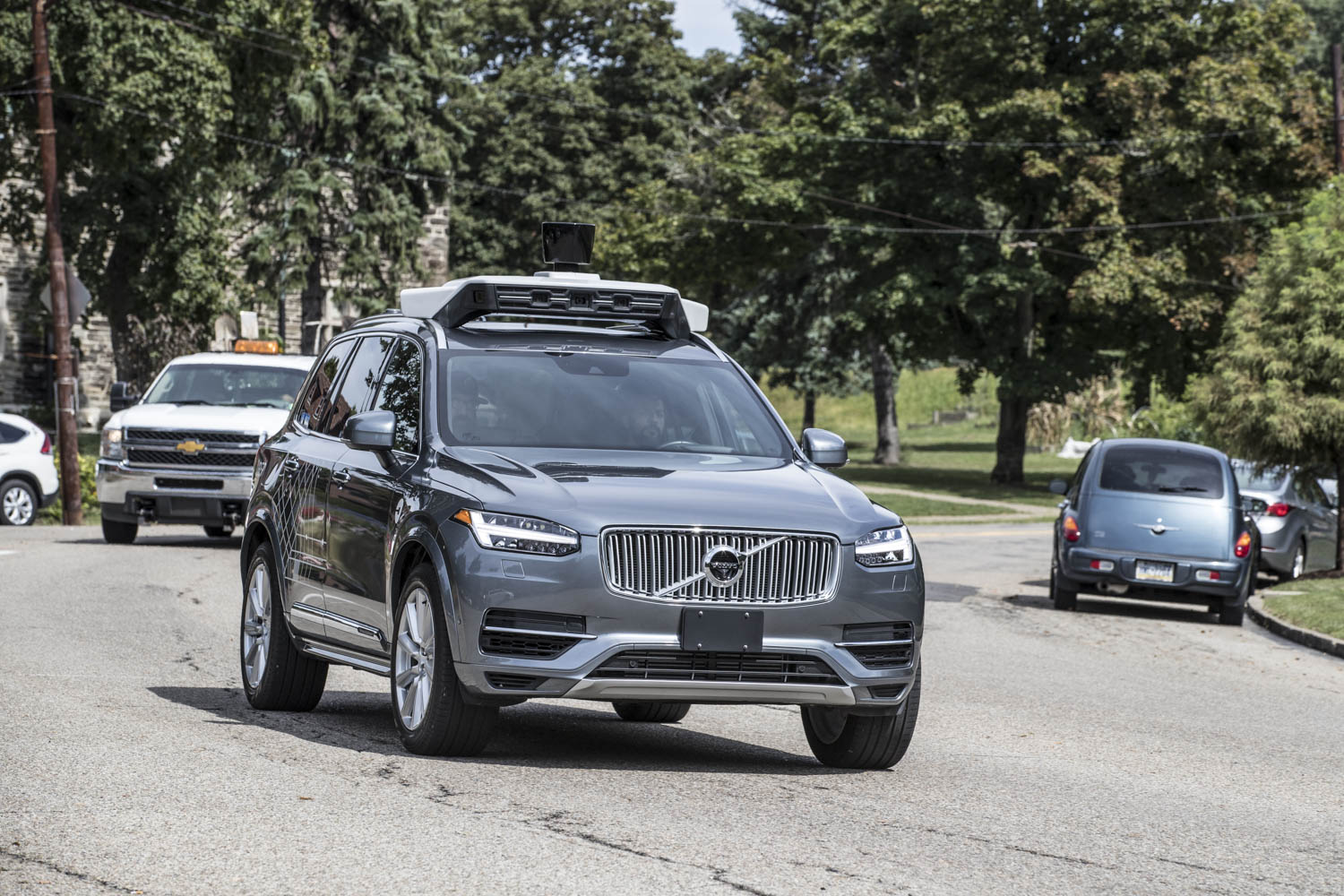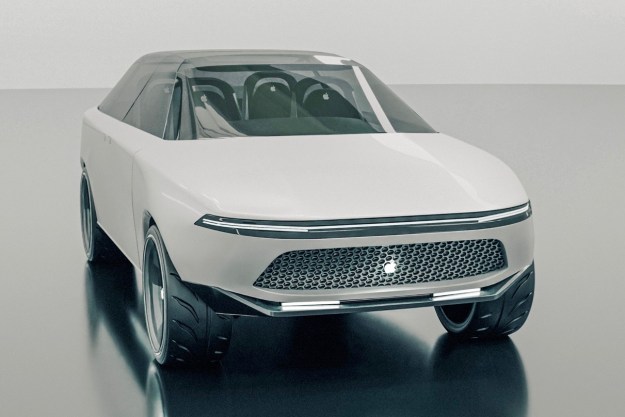
In March 2018, an Uber test vehicle struck and killed a pedestrian in the first known fatal crash involving a self-driving car. But prior to that, Uber’s fleet of prototype autonomous cars was involved in 37 crashes, according to a report from the National Transportation Safety Board (NTSB), the federal agency charged with investigating transportation-related accidents. The NTSB did not state a probable cause for the fatal crash, according to the BBC, but raised serious safety concerns.
“The system design did not include a consideration for jaywalking pedestrians,” the NTSB report said. The agency found 37 crashes involving Uber vehicles operating in autonomous mode between September 2016 and March 2018, the month the fatal crash occurred.
An Uber Volvo XC90 test vehicle struck and killed 49-year-old Elaine Herzberg in Tempe, Arizona. Herzberg was pushing a bicycle across a dimly lit street at night, outside of a crosswalk. The car had a human backup driver sitting behind the wheel at the time, but investigators found that she was streaming television on her phone, and was not able to react quickly enough to prevent the collision.
Earlier this year, prosecutors ruled that Uber was not criminally liable in the death of Herzberg, but the driver, Rafaela Vasquez, could still face criminal charges, according to the BBC.
“We deeply value the thoroughness of the NTSB’s investigation into the crash and look forward to reviewing their recommendations,” Uber said in a statement.
Uber suspended its self-driving car tests following the crash, and Arizona officials rescinded the company’s permit to test cars on public roads in the state. Uber subsequently resumed testing on public streets elsewhere, albeit at low speeds and with cars operating in manual mode. More recently, the company struck a deal with Toyota that could help revive its self-driving car program. Toyota has pledged to invest in Uber’s autonomous car division and supply a fleet of Sienna minivans for jointly conducted tests.
The fatal crash put the brakes on Uber’s test program, but not on self-driving cars as a whole. In late 2018, Waymo launched a commercial ridesharing service using self-driving cars in the Phoenix metropolitan area (which includes Tempe). The Google spinoff recently began transporting paying passengers in cars without human backup drivers onboard.
Editors' Recommendations
- Tesla Autopilot vs. full self-driving: What’s the difference?
- Cruise autonomous vehicle drives over woman just after she was hit by another car
- An autonomous car in San Francisco got stuck in wet concrete
- Waymo’s robotaxis are coming to Uber’s ridesharing app
- Autonomous cars confused by San Francisco’s fog


